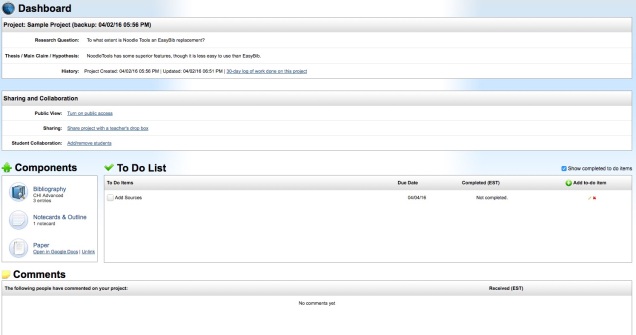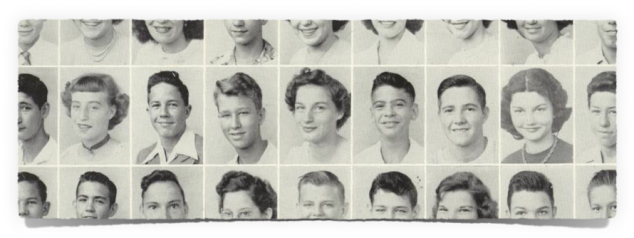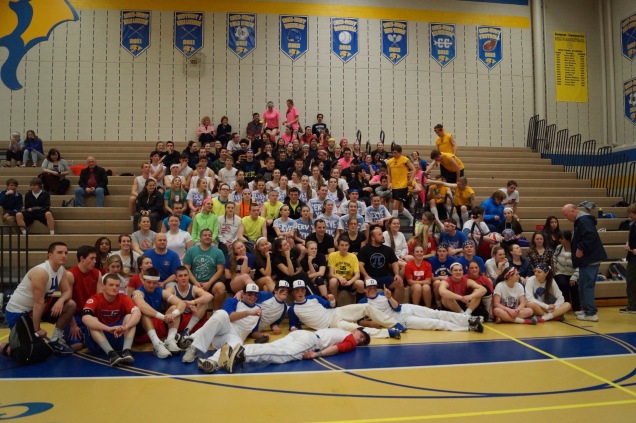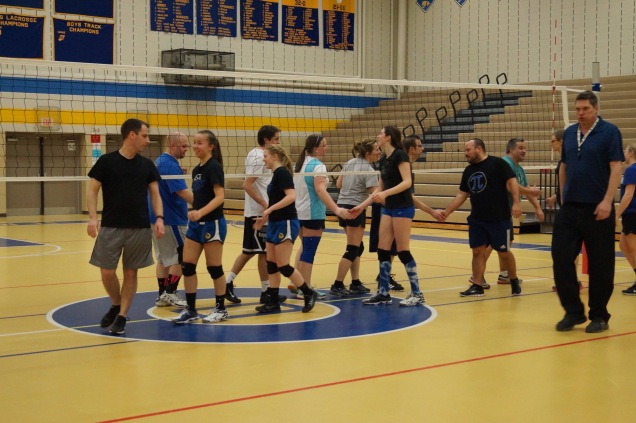Working in a large school district has many advantages and disadvantages. One frustrating disadvantage is the slow response to educational technology requests. Let me begin by saying I am very proud of my current district’s educational technology team. Together they have come a long way to address teacher concerns since I began with my current district in 2005. But, educational technology requests are problematic. A teacher’s individual concern might be high priority to him or her, but the individual concern might be low priority for the entire district. This mismatch of perceived concern then creates a different perception on the speed of resolution; the teacher wants a quick response while the district will prioritize it differently. I urge teachers to try a third option this month, Twitter.
This school year my district began using NoodleTools research and citation software (which I love), but I was unable to sign into the iOS app. When I inquired about signing into the NoodleTools app, I received no response. Today, three weeks after the initial request, I received a half-response, a work around really. The district answer directed me to use the mobile website version of NoodleTools, not the iOS app. Again, I’m not blaming my district or personnel for not addressing my individual issue. In our district, I bet less than 1% of the teachers have the same concern about NoodleTools as I. I am suggesting other teachers in my position follow my next course of action.
Frustrated, I took my request to Twitter. October begins Connected Educator Month, and I cannot believe I forgot the power of asking my ed tech questions on Twitter. I received a response in 14 minutes!
@drstaubstem See “Companion Key” in user profile & use it as the password for logging into the app w/ Google ID as the username.
— NoodleTools, Inc. (@noodletools) October 5, 2016
Amazing, right? Kudos to NoodleTools for their lightning fast response, but their quick response makes sense. The incentive for NoodleTools to respond to my specific, individual request was much greater than the incentive for my district to respond to my request. NoodleTools can leverage my request to highlight their product and improve all customer performance. My district works tirelessly to resolve requests, and finding an answer to my individual request does not have the same immediacy or benefit to other teachers.
Lesson confirmed; when you cannot receive a quick ed tech response from your district personnel, ask your question via Twitter. You will likely be amazed how quickly you get a response.
Specifically, how do you log in to NoodleTools iOS app with a GAFE sign-in?
- Log in to NoodleTools on your web browser.
- Click the “My Account” button in the top right corner and select the “My Profile” option from your drop down menu.
- Once the “My Profile” page loads, on the right half of the screen you should see a “Companion Key” alpha-code. Mine is six characters. This key serves as your password for your iOS app.
- Open your iOS app and use your common username for NoodleTools, but use this companion key as your password.
- When you first load the iOS NoodleTools app, you will be prompted to set up a device password. So, you won’t need your companion key again, but you will need this device-specific password.
Thanks to the NoodleTools Twitter team who so quickly helped me with my request.




 when he was signed by the Philadelphia Phillies. I again enjoyed watching his dominating success as part of the Phillies success and World Series team in the mid 2000s. Perhaps I am biased because of my love of baseball and his contribution to two of my favorite teams, but I really enjoyed his book.
when he was signed by the Philadelphia Phillies. I again enjoyed watching his dominating success as part of the Phillies success and World Series team in the mid 2000s. Perhaps I am biased because of my love of baseball and his contribution to two of my favorite teams, but I really enjoyed his book. In December 2014, I attended the
In December 2014, I attended the 
